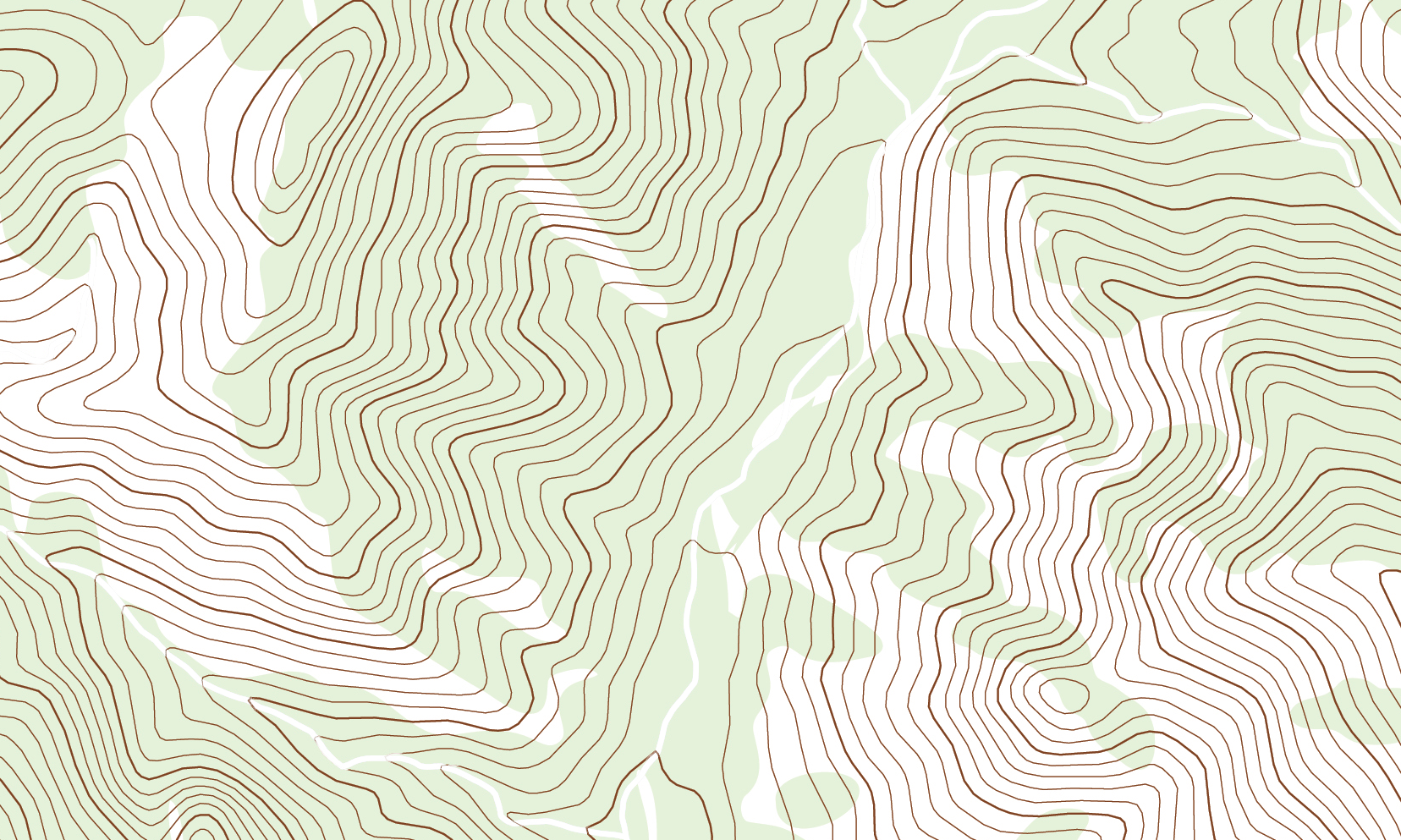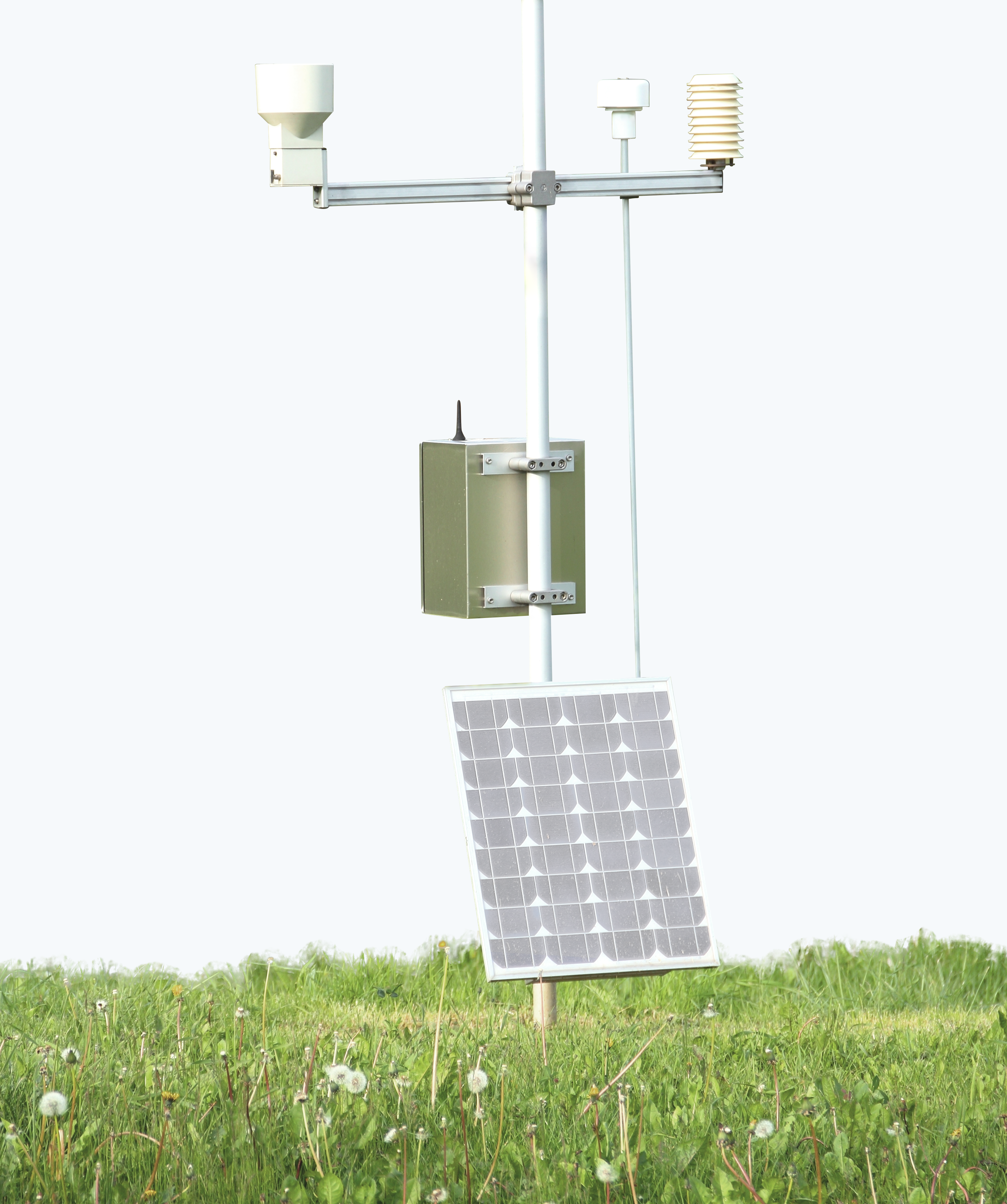mailbagletterAre you worried about climate change?
January 1, 2021

— contents —
~ letter
~ reading
— letter —
Dear Ray,
I’ve been a follower of your work since the late 1990s. Your optimism has always been a breath of fresh air. Unfortunately, while you’ve eloquently explained the principal of accelerating returns — Earth is undergoing non-intuitive systemic changes.
In a 2011 interview you explained why you weren’t worried about climate change — but in that same year, a severe drought drove people in the country of Syria into a horrible humanitarian crisis that continues today.
Now, climate change is exacerbating the conflict between the countries of Saudi Arabia + Yemen — and immigration issues in Central America due to water scarcity.
Please help us fight climate change by lending your voice to the public discussion — and your mind for problem solving. I believe if you temper your previous level of optimism with a renewed look at the sobering reality we face, many people would listen. They’d respect your re-evaluation of our future.
I don’t think facing the grim realities of the climate crisis — the 60-something feedback loops, and inevitable socio-political conflicts — would defeat your optimism. Because it’s simply part of who you are, and we need that right now. We need people who can see the urgent climate crisis for the threat it really is to human civilization — and still inspire a movement to fight its devastating impact.
I’m not representing a specific advocacy group. I’m not affiliated with any activist organization. I’m just a concerned Earthling who’s also your fan. Thanks for reading — and for all the inventions + insights over the years.
— Tom
— letter —
Dear Tom,
Hello and thanks for writing.
You make some good points. As I’ll explain in my upcoming book, the world is moving in the right direction on all of the issues that affect human well-being.
But that doesn’t mean it’s perfect — or that bad things won’t happen. The same thing is happening with renewable energy. It’s doubling every 4 years and I’m confident it will meet 100% of our energy needs by 2030.
— Ray Kurzweil


image | above
An electronic weather station in a field uses sensors to collect information on wind speed + direction, humidity, rain-fall, air quality, and storms.
reading
1. |
publication: Weather, Climate, and Society
tag line: Research on weather + climate encompassing economics, policy, history, and social + institutional behavior.
story title: Water, drought, climate change, and conflict in Syria
read | story
— summary —
Water and climatic conditions play a key role in the economic deterioration inside the country of Syria. There’s a long history of conflict over water in these regions because of naturally occurring water shortages, the early development of irrigated agriculture, and complex religious + ethnic diversity.
In recent years, water-related violence around the world has increased — because of the role water plays in development disputes + economics.
presented by
group: the American Meteorological Society
tag line: A global community advancing weather, water, and climate science + service.
web: home • channel
2. |
publication: the New Republic
tag line: Re-thinking out-worn assumptions + political superstitions as radically changing conditions demand.
web: home • channel
story title: Climate change is aggravating the suffering in Yemen
read | story
— summary —
Millions are starving in the war-torn country. A Yemeni researcher argues that leading polluters bear some responsibility.
3. |
group: the Center for Climate + Security
tag line: Exploring the security risks of climate change.
web: home • channel
story title: Central America: climate, drought, migration, and climate change
read | story
— summary —
The dominant media narrative that explains the reasons for current Central American migration to the United States centers on the dismal economic + security conditions across source states: Honduras, Guatemala, and El Salvador.
But the ongoing food security crisis across the region — caused by drought, crop disease, and water shortages — deserves special examination. Not only because it might be a leading cause for the crisis, but also because it’s undoubtedly one of its catalysts.
presented by
group: Council on Strategic Risks
tag line: Anticipating, analyzing, and addressing strategic risk.
web: home • channel
4. |
publication: Truthout
tag line: Fearless, independent news + analysis.
web: home • channel
series title: Planet or Profit
read | series
— summary —
Investigating the over-all systemic threats to the eco-system, how they are imbricated in the organization of our society, possible forms of mitigation. And how specific environments + communities suffer from trans-global corporate profit-seeking.
5. |
publication: Truthout
tag line: Fearless, independent news + analysis.
web: home • channel
story title: How feedback loops are driving run-away climate change
read | story
— summary —
The simplest explanation for a positive climate feedback loop is this: the more something happens, the more it happens.
6. |
publication: the Guardian
tag line: Honest and fearless journalism.
web: home • channel
series title: The ultimate climate change FAQ
read | series
— summary —
Some facts + resources about climate change — covering science, politics, and economics.
presented by
group: the Scott Trust
tag line: A unique form of media ownership that ensures editorial interests remain free of commercial pressures.
web: home
7. |
publication: the Guardian
tag line: Honest and fearless journalism.
web: home • channel
story title: What are climate change feedback loops?
read | story
— summary —
In climate change, a feedback loop is the equivalent of a vicious or virtuous circle. Something that accelerates or decelerates a warming trend. A positive feedback accelerates a temperature rise — and a negative feedback decelerates it.
presented by
group: the Scott Trust
tag line: A unique form of media ownership that ensures editorial interests remain free of commercial pressures.
web: home
— notes —
AMS = the American Meteorological Society
US = United States
FAQ = frequently asked questions
